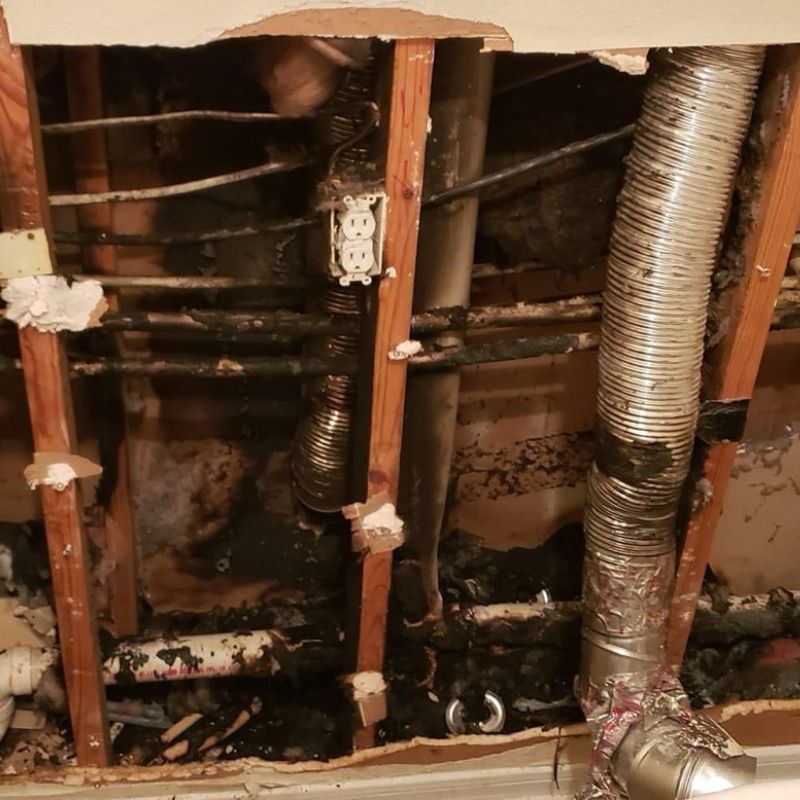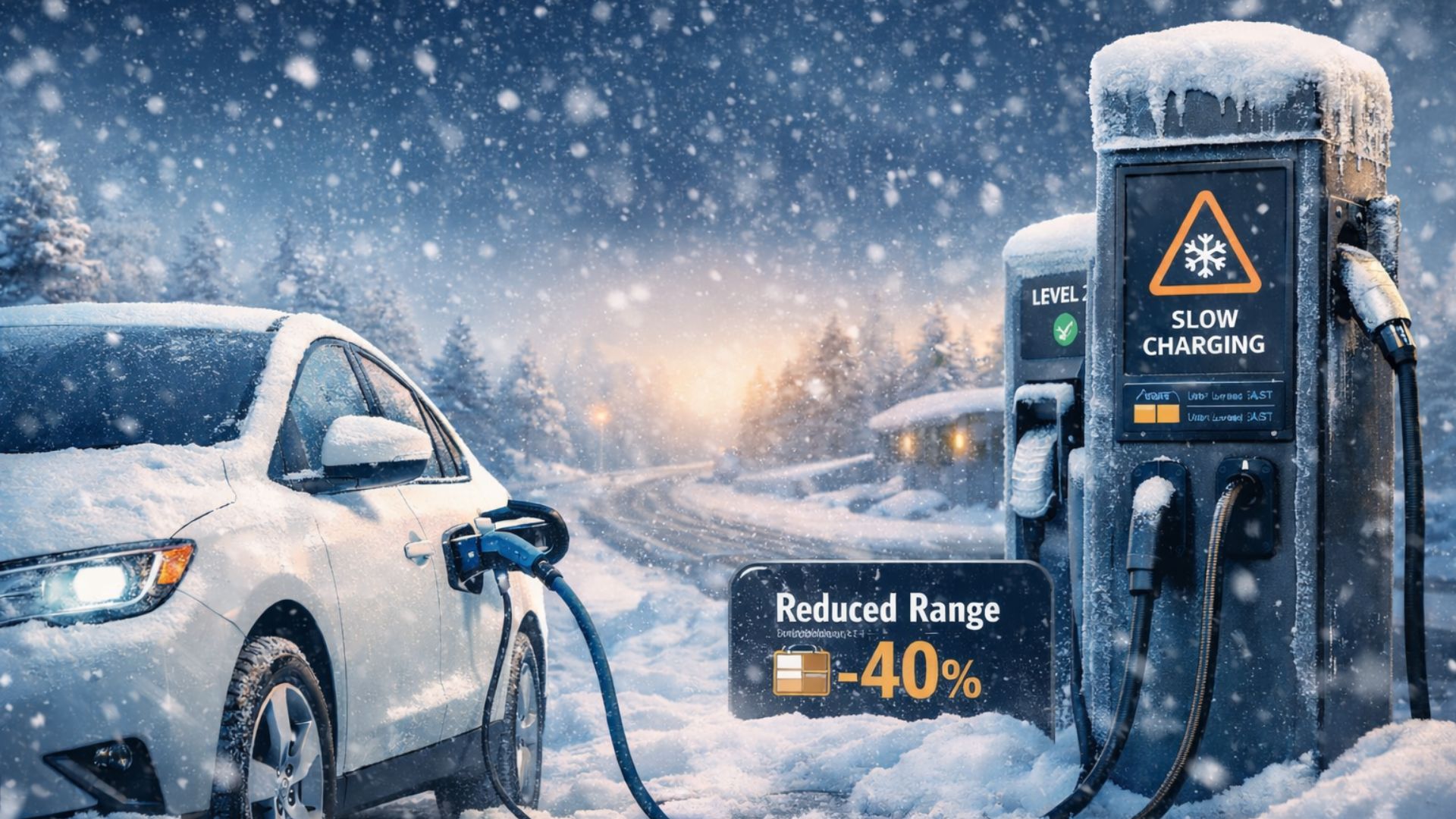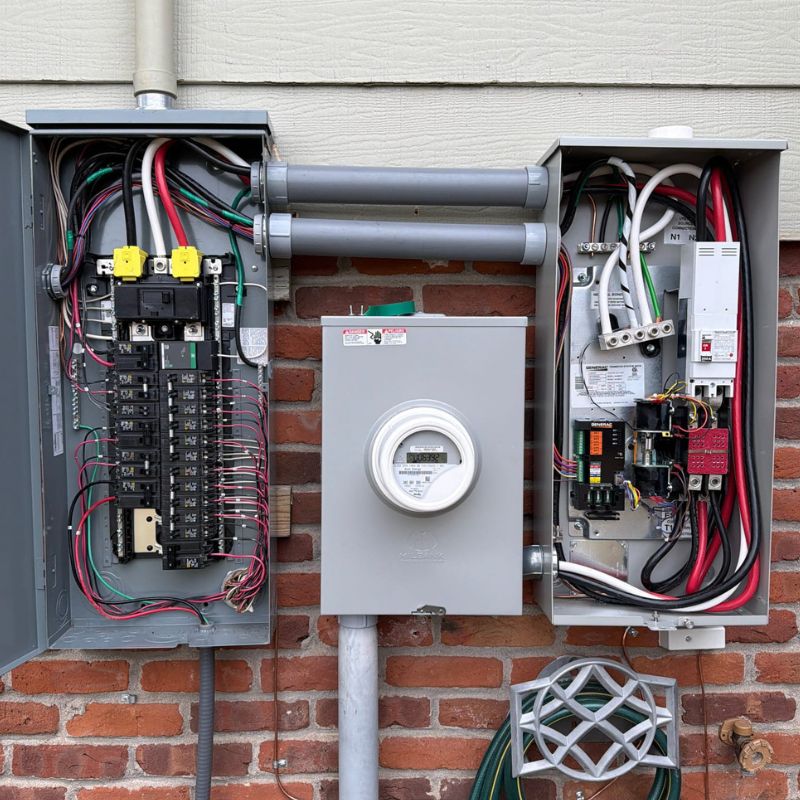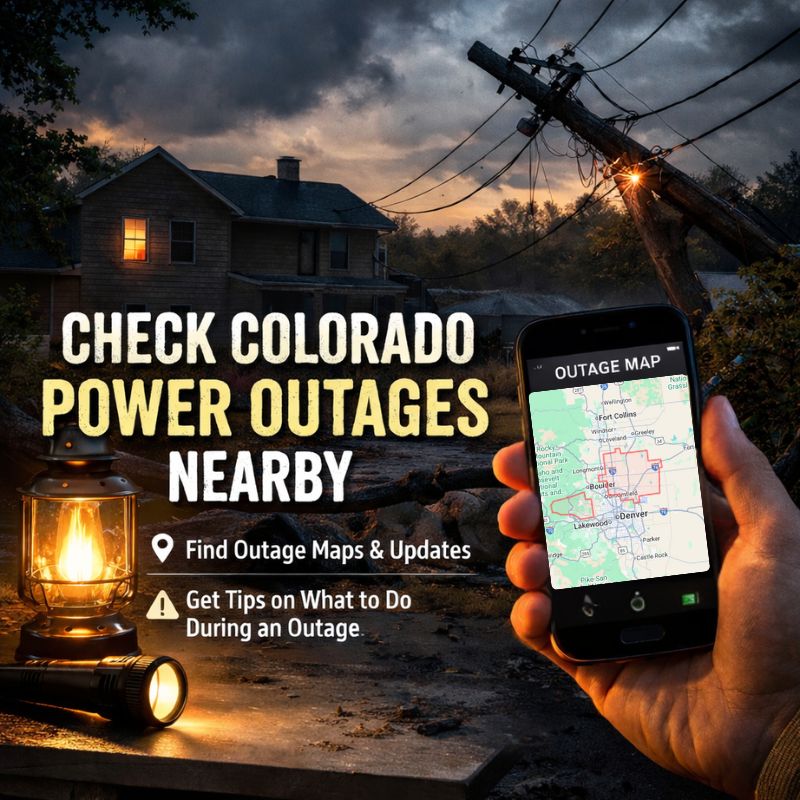Common Electrical Hazards in Commercial Spaces
Walk into any commercial space, office, restaurant, retail shop, and chances are the lights are on, the computers are running, and the espresso machine is happily buzzing away.
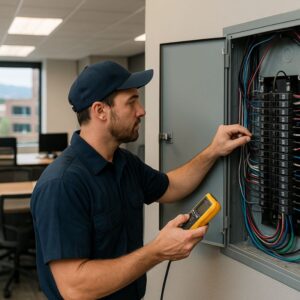
Electricity keeps businesses alive, but it also introduces risks. Electrical hazards in commercial environments aren’t just inconvenient; they can be dangerous and costly if ignored.
From electric shock hazards to electrical fires, knowing what to look out for could save you from downtime, property damage, or worse.
At The Electricians, we’ve seen it all in Colorado commercial spaces, and trust us, ignoring small electrical problems is like ignoring a strange rattling noise in your car, it never ends well.
What Counts as an Electrical Hazard?
An electrical hazard is any situation where electrical energy poses a risk of injury, fire, or property damage. In simpler terms: if it can shock you, burn you, or fry your expensive equipment, it qualifies.
According to OSHA, the most common hazards include:
- Shock and electrocution risks
- Fire and arc flashes
- Faulty wiring or equipment failures
When Does Electricity Become Hazardous to Humans?
Electricity becomes dangerous when it flows through the human body. As little as 50–100 milliamps can cause fatal heart failure. That’s less than what a household light bulb uses.
That means even seemingly “minor” shocks are nothing to laugh off.
Top Electrical Hazards in Commercial Spaces
1. Overloaded Circuits and Outlets
Too many devices plugged into one circuit is like loading a moving truck with more furniture than it was designed to carry. Eventually, something gives, usually in the form of tripped breakers, melted insulation, or even fire.
Electrical danger sign: Frequent breaker trips or outlets that feel warm.
Solution: A licensed residential or commercial electrician can install dedicated circuits to handle the load.
2. Damaged or Exposed Wiring
Worn-out insulation, rodents chewing on wires, or accidental damage during renovations can all leave wires exposed. Exposed wiring is a direct electric shock hazard, especially in high-traffic areas.
Why it matters: Bare wires can arc, spark, and ignite flammable materials.
Fix: Replace damaged wiring immediately, and never leave “temporary fixes” like duct tape holding wires together.
3. Improper Use of Extension Cords
Extension cords are designed for temporary use, not as a permanent power solution. In commercial settings, it’s not unusual to see cords snaking under carpets or across walkways, basically an accident waiting to happen.

Hazard: Overheating, tripping, and fire risk.
Solution: Install additional outlets and ensure proper circuit capacity.
4. Wet or Damp Conditions
Electrical equipment and water go together like oil and fire, they don’t mix. Kitchens, bathrooms, and outdoor commercial areas are especially vulnerable.
Electrical safety reminder: Always use GFCI (Ground Fault Circuit Interrupter) outlets in damp locations to reduce the risk of shock.
5. Faulty Electrical Panels
Older panels, such as Federal Pacific (FPE) or Zinsco, are notorious for failing to trip when circuits overload. This is like driving without brakes, sooner or later, disaster strikes.
Why are electrical fires especially hazardous? Because they often ignite behind walls, making them harder to detect until it’s too late.
Fix: Upgrade outdated panels to modern, code-compliant ones.
6. Inadequate Electrical Maintenance
Neglecting regular electrical inspections is like skipping oil changes in your car. Small problems go unnoticed until they become big (and expensive) ones.
Signs of trouble: Flickering lights, buzzing outlets, or burning smells.
Solution: Schedule annual inspections with a licensed electrician.
7. Lack of Proper Electrical Hazard Signs
Even if your wiring is solid, a workplace without proper signage creates unnecessary risk. OSHA requires electrical hazard signs in many situations to warn employees and visitors of risks.
Tip: Clearly label high-voltage equipment, panel rooms, and emergency shut-off switches.
FAQs About Electrical Hazards
Which of the following are electrical hazards?
- Exposed wiring
- Overloaded outlets
- Faulty panels
- Wet conditions
- Poorly maintained equipment
Why are electrical fires especially hazardous?
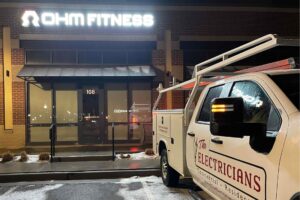
Because they can spread rapidly inside walls, releasing toxic smoke and often going undetected until the fire is advanced.
Are there resources for learning more?
Yes, electrical hazard books and training manuals can provide more in-depth knowledge, but nothing replaces the expertise of a licensed commercial electrician.
Why Choose The Electricians in Colorado?
Commercial spaces in Colorado need safe, reliable electrical systems. At The Electricians, we combine deep knowledge of electric safety with decades of hands-on experience.
Whether it’s upgrading a commercial breaker box, fixing electrical hazard signs, or preventing the next office fire, we’re here to keep your business running safely.
We aren’t just another electrical service near you, we’re trusted partners for contractors, GCs, and property managers across Colorado.
Electrical hazards in commercial spaces aren’t just “occupational annoyances.” They’re serious risks that can cause electric shock, fires, and costly downtime.
The good news?
Most of these hazards are preventable with professional inspections, code-compliant installations, and proactive maintenance.
If you’ve spotted warning signs, or if you just want peace of mind, call The Electricians, the best electricians in Colorado. Because keeping your lights on and your team safe is our full-time job.
Related Posts
If you enjoyed reading this, then please explore our other articles below:
Electrical Panels in Colorado Homes
Many homes across Colorado, especially in Denver, Aurora, Lakewood, and Colorado Springs, were built with electrical panels that were never designed for modern power demands. Cold winters, EV charging, home offices, and newer appliances place added stress on older panels and breakers.
If you are noticing frequent breaker trips, buzzing sounds, or planning an upgrade like an EV charger or heat pump, a licensed Colorado electrician can evaluate whether your panel needs repairs or a full power upgrade.
